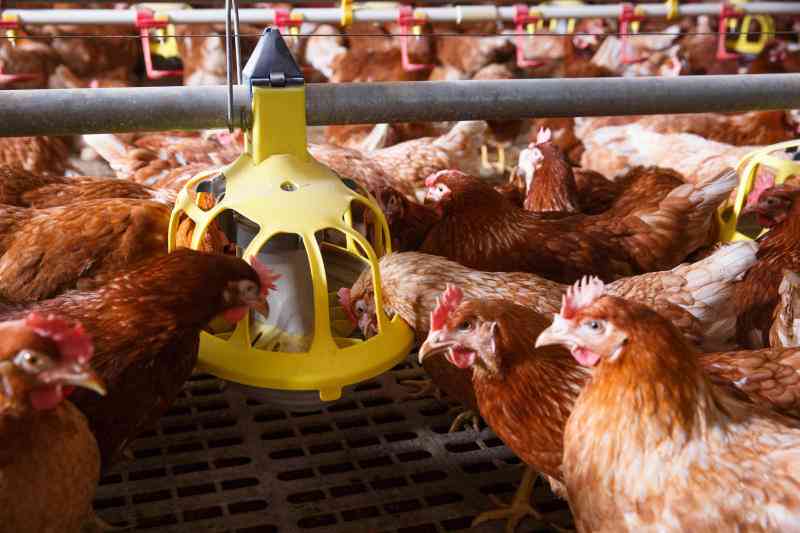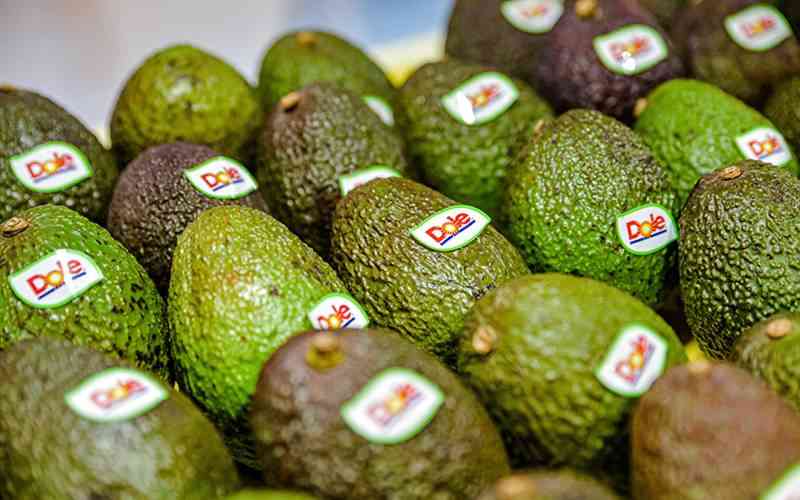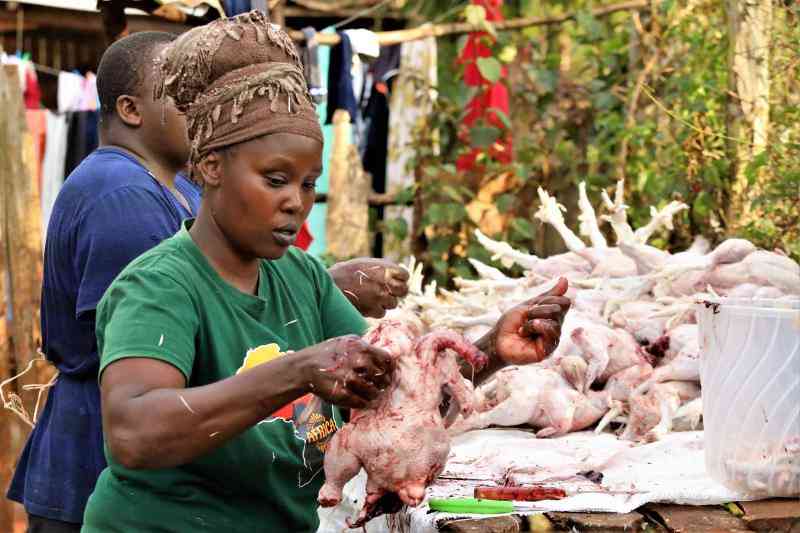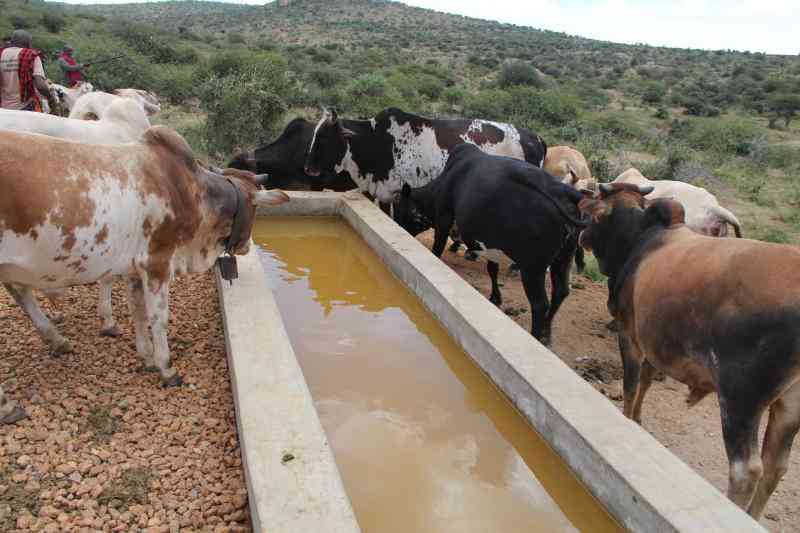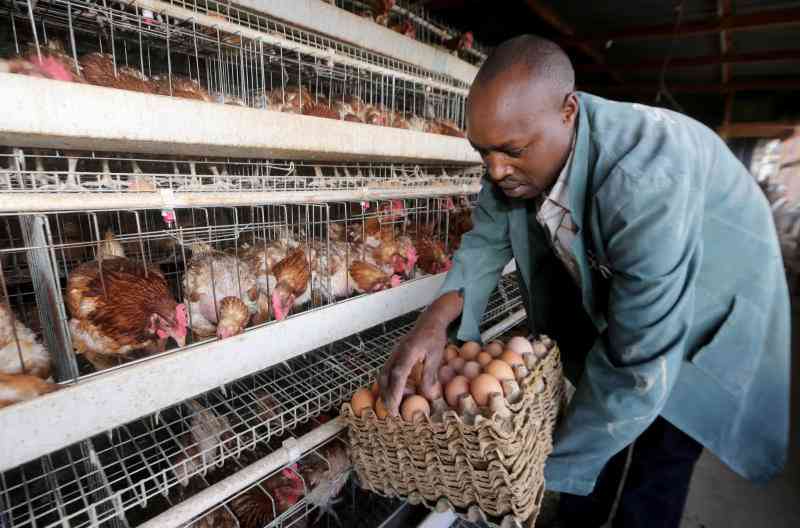Coccidiosis is a major disease affecting poultry globally. The disease has long been associated with indigenous chickens reared free-range.
It is caused by a protozoal organism scientifically known as Eimeria spp.
This pathogen is known to invade the intestinal linings of poultry following direct ingestion from contaminated litter where it destroys the inner linings of the gut hence disrupting completely the ability of the chicken to digest and assimilate nutrients for growth and production.
In severe cases, they cause excessive bleeding, mal-absorption, diarrhoea and ultimately reduced growth rate is observed. In my years of poultry medicine, most observant farmers will complain to me of a gradual change in colour of faecal droppings from the normal dark brown dropping with the occasional white cap to yellow to orange then to red loose faecal droppings.
If nothing is done at this stage, birds tend to lose appetite, drop weight and if they are layers, drop egg production in un-attended case. If you do not report these signs to your nearest vet or chick supplier, you are likely to see mortality increasing and can reach 10 per cent within three weeks. If noticed in good time and appropriate treatment done, birds tend to recover quickly within 10-14 days. In mild or sub-clinal infection, birds lose performance in terms of poor growth rates, drop in egg production and fertility.
The ineffective stage is the eggs (oocysts) which are generally found on the litter, soil, and manure and are relatively resistant to common disinfectants.
There are about eight known species affecting chickens and are isolated from different parts of the gut of a chicken. The eggs are known to live for up to 15 days in a moist-wet litter and can stay in the soil for 3-9 months. This is the main reason why we recommend the concreted floor in a chicken house that makes it easier to clean and disinfect and kill these nagging parasites. These infective eggs can be transported by flies, beetles, dust, rodents from one shed to another and spread infection in neighboring flock units. It is therefore important that if you are keeping two flocks of different ages in one site, you keep the distance between them to a minimum 100 feet away from each other.
Coccidiosis is a disease of all ages but is more commonly seen in slow-growing birds than in broilers, however, a good diagnosis is recommended by a qualified vet. Control measures include:
Treatment
The good news is that if farmers detect production losses using smart farming techniques that I discussed last week early enough, and consult registered vet surgeons, the right anti-coccidials will be prescribed and indicated. The treatment can be done in soluble drinking water or through the feeds.
Housing system
Keeping birds in-house will go along way in reducing the incidence of infection, the oocysts are known to live for long in the soil, so earthen floors predispose birds to this condition. Good impaction of our earthen floors in poultry units with a mixture of cement and clay soil is one step in reducing chances of disease proliferation.
Traffic and rodent control
Completely terminate unnecessary visits into poultry units, completely stop any access of rodents, wild birds and beetles into the flock units using conventional traps and baits as acceptable by the state authorities.
Cleaning and disinfection
Select the most appropriate disinfectants containing Glutaraldehyde components for a good and thorough clean-down followed by at least a 21 days’ rest period before the next placement.
Litter management
Ensure your litter in the flock unit is always dry and friable all the time. Repair any water leaks and ensure the units are properly ventilated all the time to remove any excess moisture. Treat diarrheal disease immediately they are noticed. Dry litter will reduce extreme multiplication of the oocysts in the litter. Please note birds in cages rarely get coccidiosis. Stick to the correct stocking density for the type of bird and system.
Vaccination
If everything does not work for you, consider vaccination of the flock. This option is however expensive and only done for elite birds.
[Dr Watson Messo Odwako is a vet at Kenchic]
Want to get latest farming tips and videos?
Join Us
 The Standard Group Plc is a multi-media organization
with investments in media platforms spanning newspaper print operations,
television, radio broadcasting, digital and online services. The Standard Group
is recognized as a leading multi-media house in Kenya with a key influence in
matters of national and international interest.
The Standard Group Plc is a multi-media organization
with investments in media platforms spanning newspaper print operations,
television, radio broadcasting, digital and online services. The Standard Group
is recognized as a leading multi-media house in Kenya with a key influence in
matters of national and international interest.
 The Standard Group Plc is a multi-media organization
with investments in media platforms spanning newspaper print operations,
television, radio broadcasting, digital and online services. The Standard Group
is recognized as a leading multi-media house in Kenya with a key influence in
matters of national and international interest.
The Standard Group Plc is a multi-media organization
with investments in media platforms spanning newspaper print operations,
television, radio broadcasting, digital and online services. The Standard Group
is recognized as a leading multi-media house in Kenya with a key influence in
matters of national and international interest.

